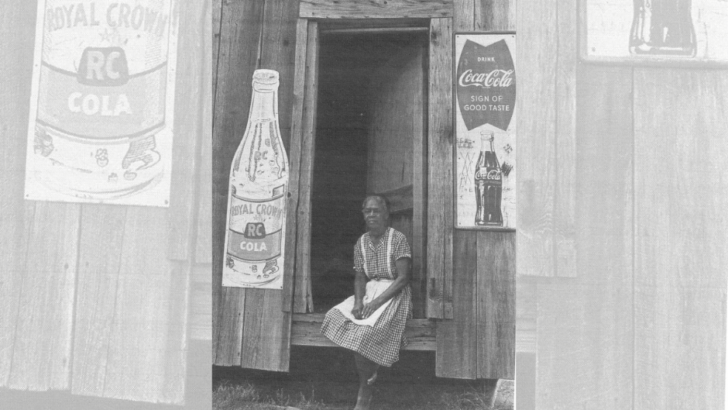The River Healer and other stories: A Journey to the Heartland of America
by Paddy Reid (Liberties Press, €19.99 / £18.99)
During the long 20 years after the Second World War, the large American glossy magazines which circulated in Ireland then, such as Life, Look, Saturday Evening Post, Good Housekeeping, and House Beautiful brought Ireland a vision of abundance, ostentatious elegance, and motor cars, a white goods paradise of new style cookers, fridges and Hoovers, that everyone began to aspire to, banishing the old gas cooker as quickly as they could.
Theses notions were brought to an abrupt end in the 1960s, in books like Michael Harrington’s The Other America. He was writing about the poor of rural America, the cold water flat Americans of the big cities, that were far removed for the other vision, a place inhabited by poor blacks and even poor whites, that echo those images of Depression American people thought were something in the past.
Though the experiences related in these memoirs by a Dublin author about his 30 odd years working in the lower depths of American society, down in the Delta of the Mississippi, and up in the wide spreading acres of Indiana, among the poor, the disadvantaged, the AIDS-riddled ‘other Americans’ that middle Americans of ‘good taste’ seldom thought about.
Photography
The sharp revealing prose of the book is reinforced by the very fine photographs of the late Al Clayton, with the echoes of deprivation in the space age that echoed everywhere those by such people as Dorothy Lange, or the people written about in James Agee’s Let We Now Praise Famous Men.
This too is the world of the illegal emigrants of all kinds, people drawn in by that ‘American dream’ that is now so hard to grasp outside of a dream.
These stories are very relevant to the American of the very present moment. These are people that Joe Biden, in the tradition of the Democratic Party, is very aware of, but those who vote support Trump are not these people either.
These are in effect the Americans who never vote because in their poverty they see little of the ‘Great America’ that so many running for office talk about.
But a book like this has its own values, which Paddy Reid slowly reveals. It tells you all about the real America. Its epilogue, ‘Where are we today’, makes chilling reading.
But we must not despair. However bad things look in general, a book like The River Healer reminds us that there are always good and kind people at work in the world.
Indeed, it is on them that the future of the world depends.


 Peter Costello
Peter Costello A Delta midwife in State Line, sign of Good Taste, Southern style. Photo: Al Clayton (alclaytonphotography.com)
A Delta midwife in State Line, sign of Good Taste, Southern style. Photo: Al Clayton (alclaytonphotography.com) 